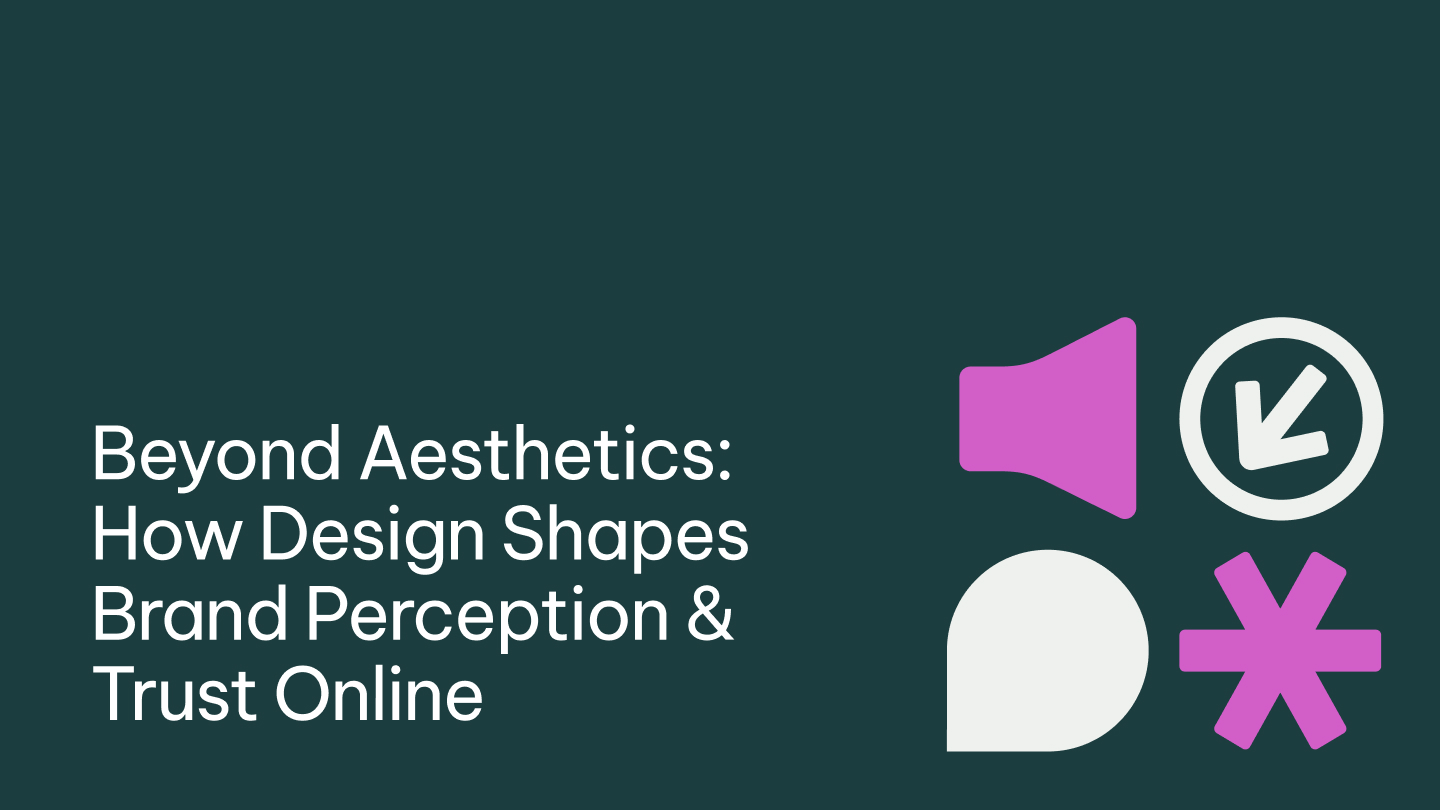The content marketing landscape is in a constant state of flux, so much so that it’s nearly impossible to keep tabs on what will happen next. In the last few years alone, we’ve seen social media marketing emerge as a powerful advertisement medium that can bring a ton of exposure to businesses – both big and small. But social media is just the tip of the iceberg. We are going to discuss some content marketing predictions for 2021.
It goes without saying, that if you want to stay ahead of the curve, you’ll have to stay ahead of the trends. These are the 7 content marketing predictions for 2021 – and beyond.
Artificial Intelligence Will Play A More Meaningful Role
AI has been aggressively pervading into every aspect of our lives – digital and otherwise. Among the most frequently discussed developments is the growing prominence of chatbots as a customer service tool. Chatbots are becoming smarter as they get integrated with more complex machine learning algorithms and get closer to emulating natural language – just like humans.

AI chatbots will become more conversational and will offer a personalized layer of interaction – all without being too prohibitively expensive for mom-and-pop businesses to take advantage of. AI chatbots are good news for businesses because they will allow them to interact with more leads without deploying additional resources.
AI has already demonstrated its effectiveness in the advertisement. While it still has a long way to go before achieving creativity and intelligence, Google seems to trust them with their ads. The search engine giant is running ads powered exclusively by AI to optimize marketing campaigns that identify high-performing ad copies and designs, and strategically adjusting them according to user interaction.
Social Media Is More Invasive Than Ever
Social media is just about everywhere – but here’s the scary bit: it still has a long way to go.
Platforms like Facebook and Instagram are making huge progress by invading every area of our lives and becoming more integrated online and offline.
The chilling episode of the successful Netflix series Black Mirror demonstrated the true implications of social media and its impact on real human lives. With social media just one tap away on your phone, all your digital conversations will leak out into the real world.
So how long do you think it will take before people base their interactions with each other on their social media statuses?
More importantly, what does this mean for content marketing? As unnerving as all it sounds, this kind of interactivity is exactly what content marketers love tinkering around with. Social media will offer you a deep understanding of your customer base as individuals and the ability to provide highly accurate offers and services.
Micro-Influencer Marketing Is More “Influential’ Than Ever Before
Social media influencers have the ability to get more eyeballs on obscure brands and have played an important role in turning them into household names. But this mode of advertisement has become so prominent in recent years that it’s not just the PewDiePies and Markipliers holding the keys to your business’s success.
Smaller influencers, aptly known as micro-influencers, with just a few thousand followers (likes, subscribers, whatever you name it) can easily bolster your relationship with customers.
To top it all off, influencer marketing is still pretty much a novelty and continues to offer unparalleled ROI compared to conventional advertising mediums. With that said, there are a few issues that need to be sorted out. Fake followers, for one, is currently a big problem that needs to be resolved and there have been plenty of instances where brand relationships have become real PR nightmares.
We’ve also a unique trend – big followers are now beginning to lose their power since most of their content is about their sponsors. While it doesn’t hurt to create a few sponsor posts, it certainly hurts your following if all your posts are just promos.

People still crave authentic content – just like the good old days – and they’re still as astute as ever when it comes to recognizing a genuinely authentic post review from the blatantly obvious advertisement.
Video Marketing Is A Becoming More Relevant
Savvy marketers have been taking advantage of online videos for years – and the tool is evolving into a more powerful medium. For starters, we’ve seen massive surges in the stock prices of companies like Netflix and Amazon (the company behind Twitch).
Video marketing is useful because it is effective at increasing engagement levels and user appetite for video is showing no signs of slowing down. To put things in perspective, Google’s YouTube is projected to overtake Facebook in the coming months. This is because Facebook’s page visits have reduced from 8.5 billion to around 4.7 billion – a big, but noticeably huge change.
On a side note, Google continues to get the most eyeballs with over 15 billion visits in July 2018 alone.
And believe it or not, but Yahoo continues to dominate as one of the top 5 sites with the most traffic.
Buyer Journeys Are Now Important
Companies can no longer afford to take a scattershot approach to their blogging strategy. If they want to stand out, they’ll have to do more than just leverage trends and keywords (those tactics still do work, by the way). But if you truly want your content marketing strategy to take off, you’ll have to take into account all aspects of the buyer journey.
The buyer journey helps you make estimations about a customer’s mindset when it comes to buying your products and services. Customers are becoming savvier than ever before and evaluate their options before deciding to purchase something. Your content marketing strategy has to take into account different parts of the buyer’s journey: awareness, consideration, and decision.
You can create blog posts that strategically target each phase of the buyer journey by answering questions that users type on search engines. But how can you tell what your customer is thinking about when it comes to your products and services? Simple: Use an intelligence tool like SEMrush and Google Keyword Planner and simply search for your niche.
This will reveal several long-tail keywords (including questions) and phrases that people in different parts of the buying journey type into the search engine.
Most leads are in the awareness stage seeking information to answer questions and solve pain points. Once they have clearly defined goals and commitment to address their problems, they begin to evaluate all the different methods available to them. This is the consideration phase. At this stage, you’ll have to deliver critical information to guide your audience so they can make a more informed decision. You can provide them with product reviews, how-tos, and even live interactions to qualify your leads.
At the final phase, also known as the decision phase, the buyer will have created a strategy to address their problems but are still on the fence about a particular tool or company to work with. They will spend a great deal of time researching data, company reviews, and other research material before making a decision.

Content at this stage can include video comparisons, free trials, and case studies. Key terms to write about include reviews, tests, pros and cons, and comparison posts.
These types of blog posts align with the decision-making process and position your website as a resource, not just a sales pitch. On a side note, if you’re not sure how to write content that addresses different stages of the buyer journey, just hire content writers to do all the heavy lifting for you.
Going Live With Webinars
Since most in-person events have been decommissioned, webinar content has become an instant success – and it’s not going away any time soon.
This is because brands are beginning to realize that webinars offer nearly the same level of interaction as in-person events, while only costing a fraction of the price. The bottom line is, webinars offer an effective way of communicating with your audience. Consumers want information quickly and without inconvenience to them. This is where webinar marketing comes in.
Content in the form of AMA sessions, master classes, and other interactive approaches will become a regular part of a digital marketing strategy.
Content Remarketing Is Generating More Sales
As the competition gets difficult and buyer journeys become more complicated, making sales via content is probably going to be more difficult. Don’t get us wrong, you will still generate a ton of traffic through your blog posts, but most customers will find their answers and then leave.
This is where content-driven remarketing comes in.
Content-driven personalization encourages your site visitors to continue what they were doing when they first left your website., For example, if someone reads half your guide on tourism, content remarketing tools can offer them a tourist guide or checklist when they return back to your website. There are several eCommerce solutions that provide this kind of functionality.
One tool that deserves special mention is Finteza. It lets you create personalized experiences for returning site visitors so they can engage more with your site. More specifically, you can also target your CTAs to returning traffic based on their past browsing journey on your website.
A Few Content Personalization Tools That You Can Adopt Right Now Include:
- Email marketing.
- Use Google and Facebook ads.
- Use AI-based writing tools to speed up the content creation process.
Wrapping Up
Content is still king and consumers are relying more on information than ever before. But to build that kind of trust with your audience in 2021 will require careful planning and meticulous strategy. Expect current content marketing channels to evolve even more over time.
About Dave
Dave offers a broad range of content writing services to businesses of all sizes. If you’re stuck and need help with your content writing strategy, feel free to get in touch with Dave on the official website at CDP.
Share at:ChatGPTPerplexityGrokGoogle AI






